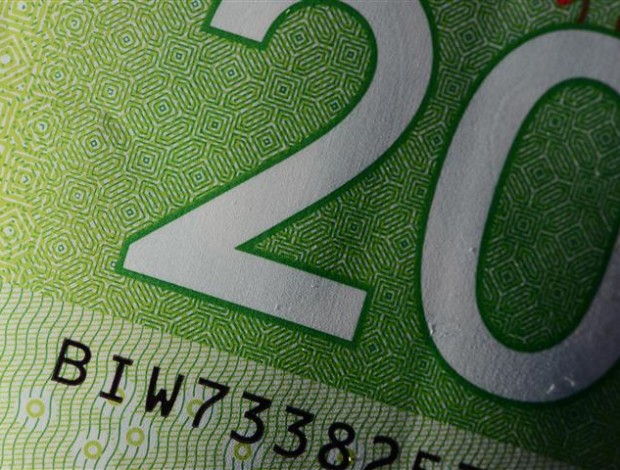What happens with my deposit?

Buying a home or a condo isn't banal. It's often the purchase of a lifetime. It's therefore pretty normal to have foresight when the time comes to sign over a large check. And many buyers wonder: what happens with my deposit?
A new home buyer can expect to make a down payment equivalent to 5 - 15% of the total value of the property. Sometimes, this amount can be paid in several installments at different steps in the project's life. Buyers are often reassured by the fact that their deposit is put in a trust. However, in an article published in Les Affaires, our collaborator Chantal Lapointe points out that this trust shouldn't be a blind one.
People often think that, by giving their deposit to a notary, they ensure that the money is automatically protected. Most of the time, the deposit is used as a financial lever for all of the entrepreneur's projects in a totally legal way, based on clauses that are included in the initial contract. For example, a contract can plan that the promoter will be able to withdraw the deposite in order to finance the beginning of construction, when half the units are sold or when construction reaches a certain step.
Read: How can I cancel my offer on a house?
Don't panic
Since January 1st, 2015, the Garantie de construction résidentielle (GCR) plan is required for all buildings consisting of four superimposed units or less. It protects deposits up to $50 000 in case of bankruptcy, for example. For buildings with more than four superimposed units, the promoter is free to choose an optional accredited warranty plan. Three options are offered: the Garantie des immeubles résidentiels (GIR) plan as proposed by the Association provinciale des constructeurs d'habitations du Québec (APCHQ), the Association de la construction du Québec (ACQ) plan and the Garantie habitation from the Maîtres Bâtisseurs (GHMB). Under those plans, deposits are protected up to $30 000 per unit.
Read: All about the warranties on new houses
The key is to be well-informed. Buyers must take the time to understand the contract fully, and never hesitate to ask questions. For example: what are the instructions linked to the deposit? What are the penalties? What are the delivery conditions?
The buyer must also take the time to gather information on the promoter with whom they are doing business. Do they hold a license with the Régie du bâtiment du Québec (RBQ)? What is their reputation?
Read: What if your contractor declares bankruptcy?
Good luck with your search!

Stock images: Shutterstock
Related articles
Most popular articles